At a working session with Chairman of the Ho Chi Minh City People's Committee Nguyen Van Duoc and relevant departments last weekend, Mr. Jun Sung Ho, General Director of Lotte Properties HCMC Co., Ltd. (Lotte, Korea) - the investor of the Thu Thiem Eco Smart City project (An Khanh ward), expressed his desire to continue implementing the project if Ho Chi Minh City removes investment obstacles, especially the exemption from the project's additional land use fee of 5.4%/year.
100 projects with financial obligations
Chairman of the Ho Chi Minh City People's Committee Nguyen Van Duoc has acknowledged the recommendations of enterprises and said that he will report to the Central Government for consideration of appropriate solutions. The city's leaders welcome Lotte to continue accompanying, sharing difficulties and implementing the project on schedule.
In fact, the problem raised by Lotte is not an isolated case. Previously, the investor of the Empire City project - the Empire City Joint Venture - also sent a document to the Ho Chi Minh City People's Committee requesting to review the financial obligations that arose. According to this unit, since 2017, the company has completed its financial obligations of nearly VND 3,600 billion and the city's land allocation decision also clearly stated that the company "does not have to pay more" when switching from one-time land lease to land allocation with land use fees. On that basis, the project has completed and handed over three clusters of works, equivalent to about 1,200 apartments to residents. However, being required to pay additional land use fees is considered a "big burden", seriously affecting capital flow and business plans.
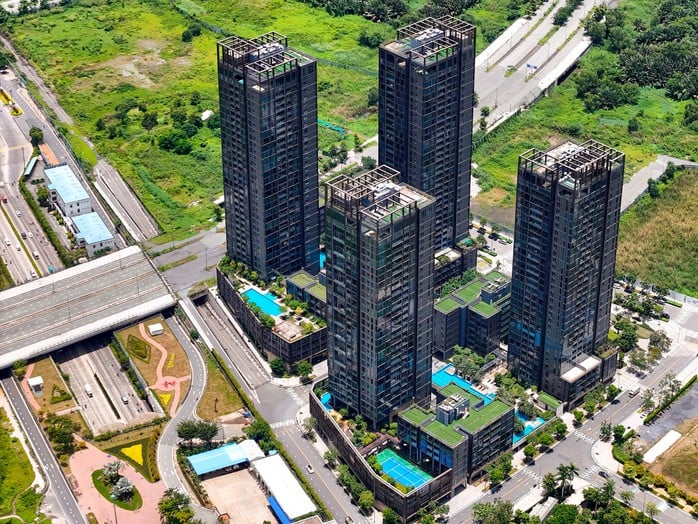
A corner of the Empire City project is facing procedural difficulties. Photo: HOANG TRIEU
Similarly, the Ho Chi Minh City tax authority recently issued a document requesting Hung Loc Phat Real Estate Investment Joint Stock Company to pay an additional VND400 billion for the Green Star Sky Garden project. According to the Ho Chi Minh City Real Estate Association (HoREA), the city currently has about 100 commercial real estate projects "waiting" for notification of financial obligations, including many large-scale projects of enterprises such as Novaland , Hung Thinh Land and TTC Land.
Mr. Le Hoang Chau, Chairman of HoREA, said that the association has repeatedly proposed to completely abolish the regulation of collecting an additional 5.4% for cases where enterprises are not at fault. According to him, "the delay in determining financial obligations mainly comes from administrative procedures, not the fault of investors". According to Mr. Chau, this mechanism not only causes enterprises to suffer losses but also causes budget revenue loss, because the land use fee is "suspended" and cannot be paid on time, while a series of projects have to temporarily suspend construction, causing waste of land funds.
He believes that if the Government can resolve this problem, the "suspended" projects will quickly complete their financial obligations, thereby unblocking the capital flow of tens of thousands of billions of dong for the real estate market. "Land use fees are the key to restoring housing supply and promoting economic growth. When this problem is resolved completely, it will also be an important guarantee for Vietnam's investment environment," he emphasized.
The biggest knot
Mr. Dang Hong Anh, Chairman of the Vietnam Young Entrepreneurs Association (VYEA) and Chairman of the Founding Council of Saigon Thuong Tin Real Estate Joint Stock Company (TTC Land), said that problems with land financial obligations are the "biggest bottleneck" hindering the development of the real estate market in Ho Chi Minh City. "According to the provisions of the 2024 Land Law and Decree 103/2024/ND-CP, land use fees are determined according to the time the State issues the land allocation decision. But in reality, many large projects are implemented in phases, each time the land is allocated, a new valuation must be determined, causing inconvenience," he said.
He cited many projects that the city temporarily assigned land in the first phase for investors to start construction, while the remaining part waited for the completion of compensation and site clearance. When the decision to assign land in the first phase was made, the enterprise paid land use fees for the entire project based on the detailed planning. However, when the remaining land was assigned, the authorities determined additional financial obligations according to the new land price, forcing the enterprise to pay hundreds of billions of dong more, even though that area had been included in the previous payment.
This situation, according to Mr. Hong Anh, not only increases investment costs and prolongs implementation progress, but also affects the entire value chain of the housing market. "A delayed project not only causes damage to businesses but also entails a series of consequences: home buyers wait, banks have to restructure loans, supply is blocked, and the market loses liquidity," he said.
According to Mr. Dang Hong Anh, the issue of financial obligations regarding land use fees for projects temporarily assigned land has been reflected by the business community for a long time. The Ho Chi Minh City People's Committee has also sent many documents to the Ministry of Finance and the Ministry of Agriculture and Environment to propose solutions, but so far there has been no specific guidance. As a result, many businesses have paid land use fees for the entire project decades ago, and now they still have to continue to pay for the additional allocated area, with current land prices many times higher. This is a huge financial burden, causing damage to businesses, seriously affecting business plans, causing many projects to stagnate and indirectly reducing the housing supply in Ho Chi Minh City.
Mr. Dang Hong Anh suggested that there should be a specific mechanism to handle this issue in a fair and reasonable manner. "We recommend that the Ministry of Finance and the Ministry of Agriculture and Environment soon submit to the Government a mechanism allowing deductions and offsets of financial obligations that enterprises have previously performed according to area, for projects that have paid land use fees in full according to the 1/500 detailed planning but have not yet completed land allocation. This will ensure fairness and transparency, while protecting the legitimate rights of the State and enterprises. Only then can we strictly manage budget revenue while still encouraging enterprises to confidently invest, contributing to promoting the socio-economy and meeting the housing needs of Ho Chi Minh City residents," he emphasized.
Proposal to completely remove the 5.4% regulation
At a recent socio-economic press conference, a representative of the Department of Agriculture and Environment of Ho Chi Minh City said that the City People's Committee has officially proposed that the Ministry of Natural Resources and Environment and the Ministry of Finance consider abolishing the regulation on collecting an additional 5.4% of land use fees and land rent during the period when financial obligations have not yet been determined. According to the city's explanation, this regulation was set with the goal of "sharing financial responsibility between the state and the people", but in reality, the delay mainly comes from the management agency. Therefore, it is impossible to force businesses and people to bear this additional expense.
The city also emphasized that in the context of the socio-economic recovery after the COVID-19 pandemic, the removal of the above regulation will help reduce cost pressure, stimulate investment and promote growth. Currently, the law stipulates an additional collection rate of 5.4%, but in the draft amendment to Decree 103 on land use fees and land rent, the Ministry of Finance is proposing two options: reducing it to 3.6% or removing it completely. However, the complete abolition can only be implemented if it is directly regulated in the Land Law, so the Ministry of Finance has also proposed the Ministry of Agriculture and Environment to study and supplement it in the upcoming law amendment process.
According to many experts and businesses, in reality, the delay in determining financial obligations often comes from complicated administrative procedures, while businesses have already completed their obligations to pay land use fees. The additional collection causes investment costs to increase, pushing up the price of real estate products, directly affecting home buyers and reducing housing accessibility.
Some experts also believe that if additional fees are applied, they should only be applied to projects that have put land into operation and are making profits, to avoid the situation of enterprises "holding land and waiting for the right time". However, in cases where there is no fault on the part of the investor, continuing to collect additional fees is unfair. The most fundamental solution, according to experts, is to completely remove the 5.4% regulation, and at the same time issue a clear mechanism on the time of calculating land use fees to create transparency and consistency, thereby unblocking a series of stalled projects and restoring confidence in the real estate market.
Need more clarification
HoREA Chairman Le Hoang Chau also emphasized that the Draft Resolution stipulating a number of policy mechanisms to remove difficulties and obstacles in organizing the implementation of the Land Law needs to have clearer regulations on handling additional land use fees. "The Government needs to specifically regulate the deduction of amounts that enterprises have paid for the period of time that land use fees or land rent have not been calculated, in cases where it is not the fault of the land users. This is a necessary legal basis to handle projects such as Lotte's Eco Smart City or Empire City, avoiding the situation where enterprises are wronged" - Mr. Chau analyzed.
Source: https://nld.com.vn/go-vuong-tien-su-dung-dat-cho-du-an-196251006212145204.htm




![[Photo] Prime Minister Pham Minh Chinh chairs the 16th meeting of the National Steering Committee on combating illegal fishing.](https://vphoto.vietnam.vn/thumb/1200x675/vietnam/resource/IMAGE/2025/10/07/1759848378556_dsc-9253-jpg.webp)





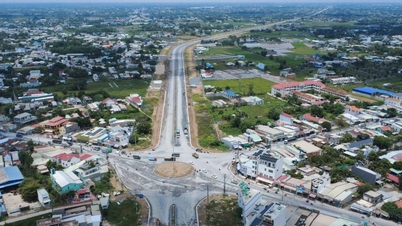










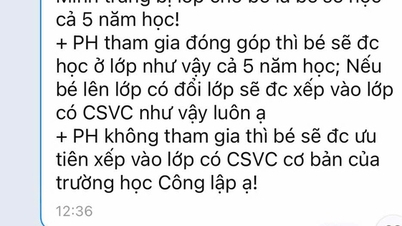


![[Photo] Super harvest moon shines brightly on Mid-Autumn Festival night around the world](https://vphoto.vietnam.vn/thumb/1200x675/vietnam/resource/IMAGE/2025/10/07/1759816565798_1759814567021-jpg.webp)

























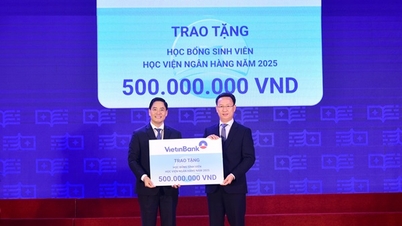





























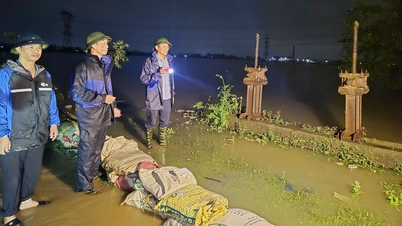











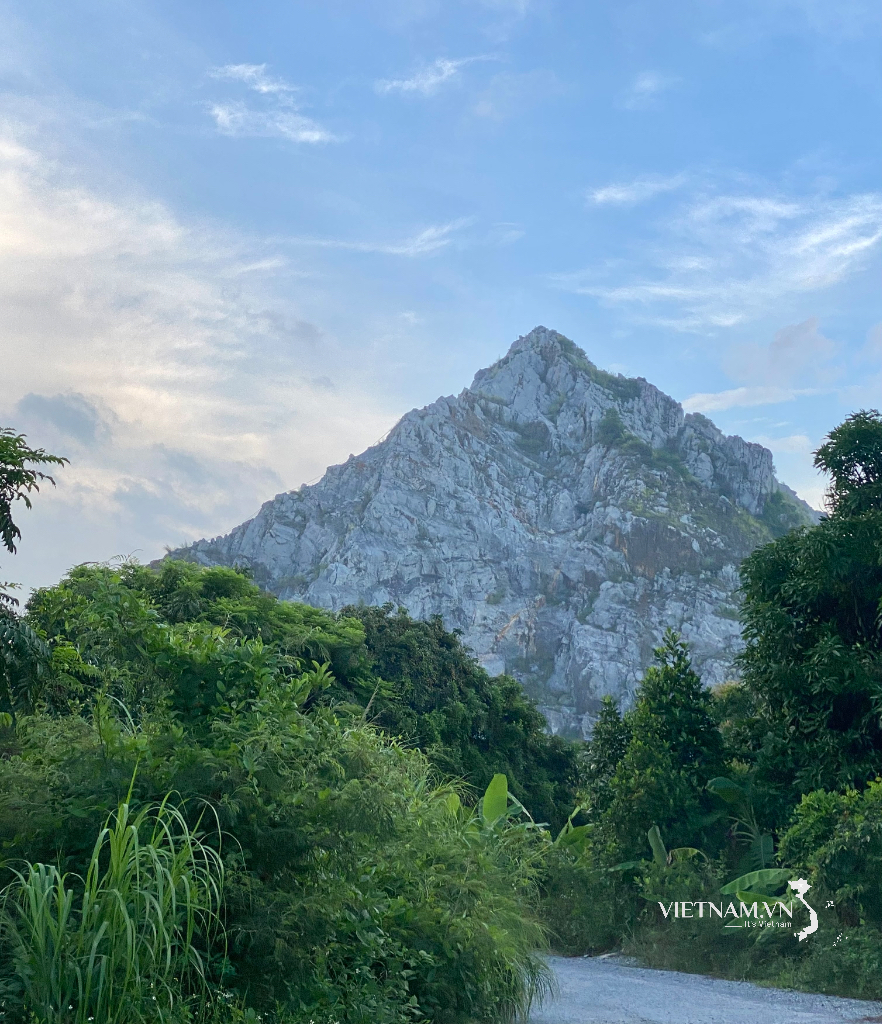



Comment (0)